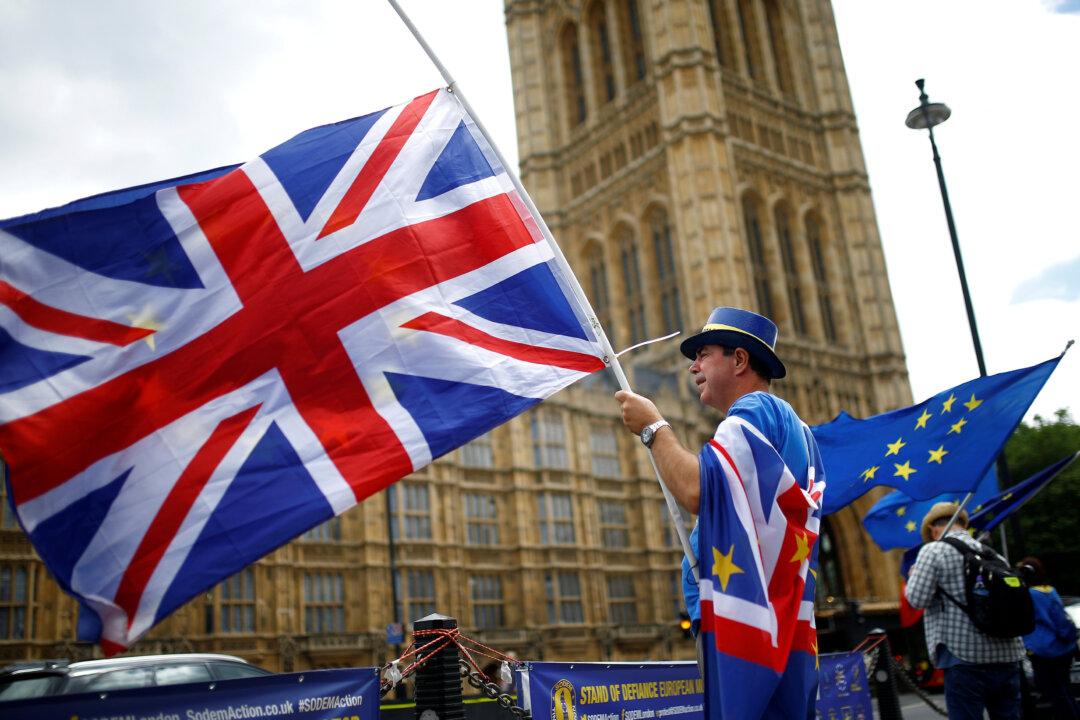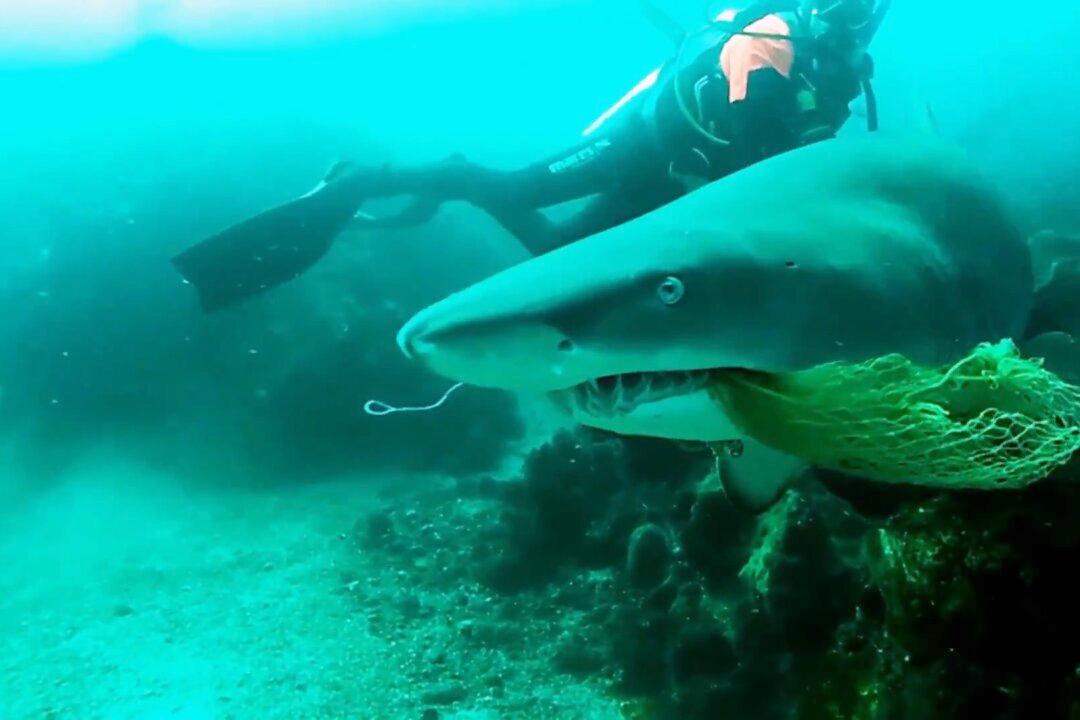It’s an awkward question that might not cross your mind very often: who made my clothes?
It’s a question that haunted fashion designer Charlie Ross ever since she discovered the horrors behind the many garments that hang snugly in our wardrobes.
From clothes that carry harmful pesticides that won’t come out after a normal wash cycle, to farmer suicides prompted by the promise of the “miracle” GM cotton plant, which failed to deliver; from child labour to environmental pollution: “It’s such a massive issue, it’s like, where do I even start?” she said, shocked at some of the unscrupulous systems in place to satisfy fast-fashion manufacturers and consumers.
She has been keen to stay ethical in the fashion industry since her first year of university after watching the documentary China Blue that reveals the harsh working conditions in a blue jeans factory in Southern China. As Charlie looked into it more, she found that many UK buyers tend to not think twice about the “Pandora’s box” of problems behind our everyday clothes.
UK Eco-Fabric Company Helping Designers Take an Ethical Stance

UK eco-fabric company Offset Warehouse is helping designers make ethical choices when it comes to fabrics. Courtesy of Charlie Ross

Jane Werrell
NTD News International Correspondent and Anchor
|Updated:
There's always a pro and a con with any fabric
, Offset Warehouse



